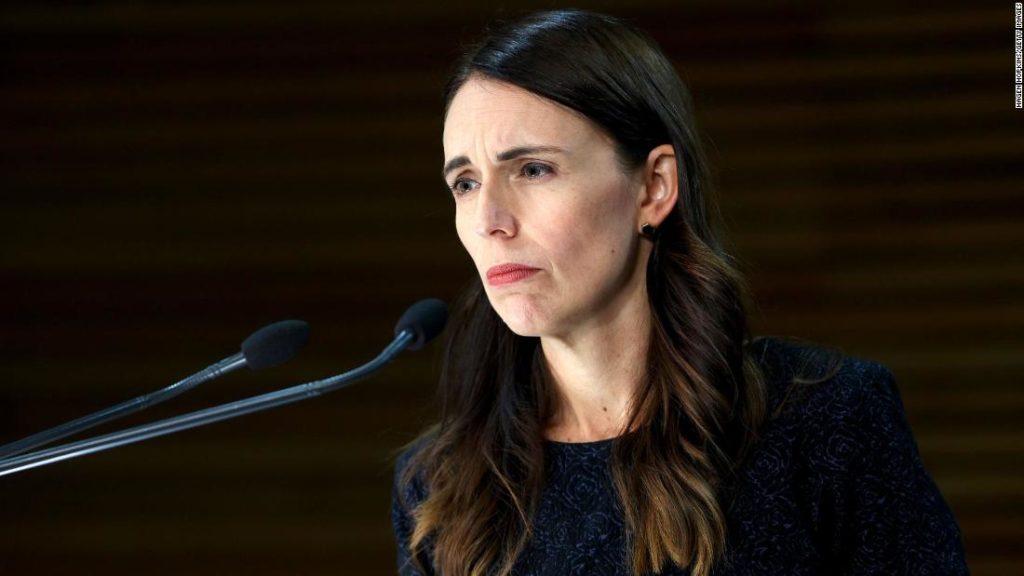“You know, I talked a little bit about feeling like I wasn’t really tough enough for the environment of politics.”
Ardern said that line of thinking assumed politicians “need to be really thick skinned” and can’t be a “sensitive person” or “outwardly display your compassion or empathy.”
Ardern has led New Zealand’s center-left Labour party since 2017 following a period when a slew of middle-aged male leaders — four in less than a decade — had failed to ignite enthusiasm in voters.
Her nomination energized voters and she ended up as Prime Minister following the September 2017 election in coalition with the conservative New Zealand First Party and the liberal Green Party. In October 2020, Ardern won a second term in office, this time in a landslide victory that allowed Labour to govern alone.
Ardern, 40, said she is the ninety-ninth female politician to have entered New Zealand politics, with numbers since then escalating “rapidly” — which she calls “fantastic.”
“But it was not so long ago that being a woman in politics was a very isolating experience,” she added.
Although she may not get “the constant commentary on clothing or the blatant sexism” perhaps experienced by previous female politicians, women of her generation should not “trivialize” their own experiences, Ardern said.
New Zealand may be a country of just five million people, but Ardern has attracted global headlines for being an unusually young Prime Minister, for giving birth while leading a country and for her swift, effective action against Covid-19.
Ardern also discussed what it was like preparing New Zealand for the pandemic and the extreme lockdown measures her government enacted.
“I literally felt like we were preparing New Zealanders for war,” she said, recounting how she heard people had stopped to watch her announcement about the country’s Covid-19 alert system on their phones in the supermarket. “The magnitude of it felt really significant.”
Ardern enacted what she called a “little stamp it out strategy, which has enabled us to eliminate Covid-19,” instead of trying to flatten the curve of infections as many other nations attempted.
The choice came off the back of a meeting with her chief science adviser, who said flattening the curve wasn’t going to work in New Zealand, citing the rate of infection and hospital capacity.
Ardern also highlighted how she is cautiously optimistic about international relations now that Joe Biden is US President.
“The change of leadership in the United States for us, undeniably, has created a change in tone,” she said.
“The issues of global importance, such as climate change, we were incredibly pleased to see that that was one of the first moves that was taken by the Biden administration.”
Ardern revealed how her childhood experience of living in a small town called Murupara, where many people fell into poverty following job losses, had made her question why some people lived comfortably and others didn’t.
“It took me a long time to decide that politics is the place to do something about it,” she said.
You may also like
-
Afghanistan: Civilian casualties hit record high amid US withdrawal, UN says
-
How Taiwan is trying to defend against a cyber ‘World War III’
-
Pandemic travel news this week: Quarantine escapes and airplane disguises
-
Why would anyone trust Brexit Britain again?
-
Black fungus: A second crisis is killing survivors of India’s worst Covid wave

